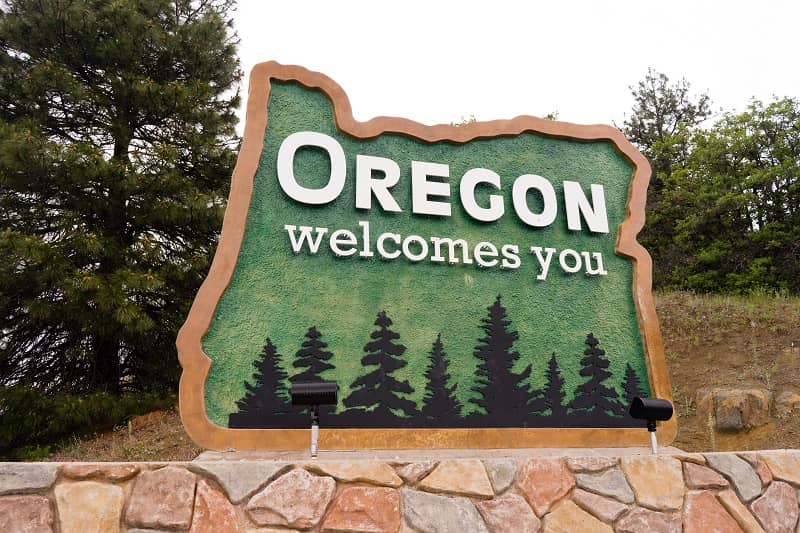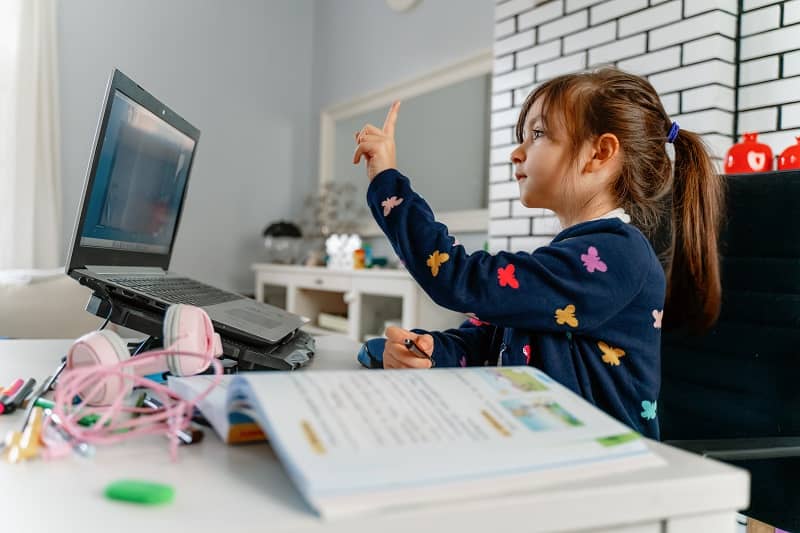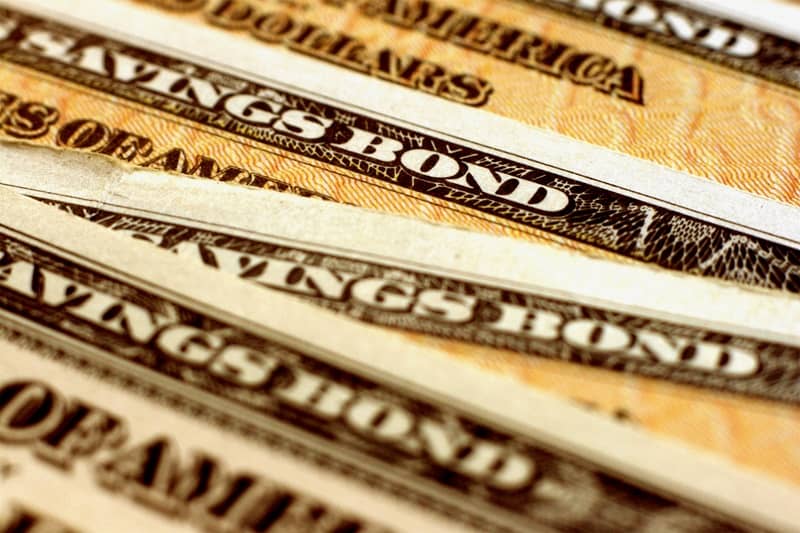By Kathryn Hickok
This is National Charter Schools Week. Did you know almost half of Washington, D.C.’s public school children attend tuition-free charter schools? In fact, our nation’s capital now has 120 charters, run by 66 nonprofit organizations.
President Bill Clinton signed the legislation authorizing D.C.’s charter schools more than twenty years ago. Since then, D.C. charter school students have made significant academic gains. A 2015 study on urban charter schools by the Center for Research on Education Outcomes at Stanford University found that D.C. charter students are learning the equivalent of 96 more days in math and 70 more days in reading than their peers in traditional public schools.
David Osborne, director of the project Reinventing America’s Schools at the Progressive Policy Institute, has called D.C. “the nation’s most interesting laboratory” for public education. In an article for U.S. News and World Report, Osborne compares the traditional public school system with a Model T trying to compete on a racetrack with 21st century cars. “…[F]or those with greater needs,” he writes, “schools need innovative designs and extraordinary commitment from their staffs.”
Charter schools’ entrepreneurial governance model allows them to innovate, adapt, and specialize to meet the particular needs of students. Their success in educating children who face the greatest challenges to academic achievement is fueling an even greater demand for the kind of choice in education that charter schools have come to represent.
Kathryn Hickok is Executive Vice President at Cascade Policy Institute, Oregon’s free market public policy research organization.
Click here for the PDF version:
5-9-18-Charter_Schools_Are_a_Laboratory_for_Innovation_Within_Public_Education












